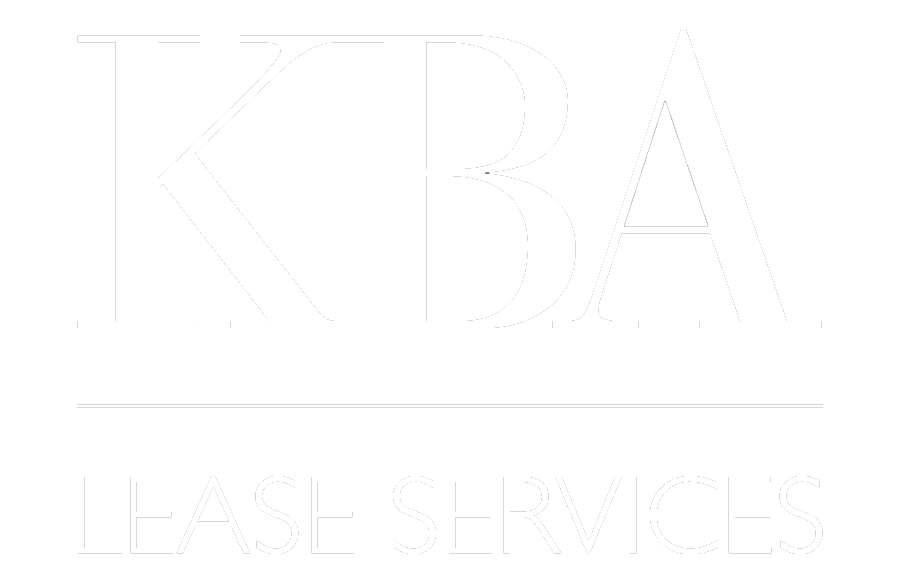Audit Deadlines Come in All Forms
At the beginning of each year, tenants become deluged with the operating expense and tax bills for their leased locations. Many of these bills will be incorrectly calculated, largely due to the increasing complexity of commercial lease structures.
Given that leases specify how the landlords should calculate these bills, one would expect that if a landlord makes an error, it would have to do whatever is necessary to correct it (including refunding overpayments, if necessary). However, many leases let the landlord off the hook by shifting this burden to the tenant. These leases require the tenant to bring errors to the landlord’s attention. In fact, if the tenant does not do so, it is deemed to accept the bill as rendered and the landlord may keep any overcharges.
To comply with these clauses, the tenant must follow a detailed notification procedure specified in the lease. This procedure includes time restrictions—the tenant often must give its notice within 30-90 days after receipt of the bill—as well as restrictions regarding the content of the notice.
Be sure to check your leases for these limits, and pay particular attention to what you must do to comply with them. Consider these common variations:
- Notification Only. The tenant is simply required to notify the landlord that it is not accepting the bill as rendered. The tenant then has additional time within which to conduct a more detailed examination.
- Notification with Specific Objections. This is the most common restriction. The tenant must notify the landlord of its objection to the bill as rendered, and specify the particular ways in which the bill is incorrect. Because it is virtually impossible to know what’s wrong with the bill without first conducting a physical review of the landlord’s books and records, the tenant should object to all of the elements of the bill to preserve its rights. Once this is done, and the landlord is on notice that the tenant has not accepted the bill, the tenant has the flexibility to conduct a more detailed examination at a later time.
- Audit Completed. The tenant is required to complete a physical review of the landlord’s books and records by a certain time. This is more proble
matic because there are a number of logistics that must be worked out prior to conducting such a review. For example, in many cases the tenant is required to give the landlord advance notice of the review date. If the tenant has 90 days to complete the review, but must give 30 days’ advance notice, then the tenant really only has 60 days to act.
- Audit Completed with Notice of Specific Objections. The tenant must complete the physical review, and issue a notice to the landlord by a certain date, detailing the specific objections to the charges.
- Audit Completed and Commencement of Arbitration/Litigation. Some leases require the tenant to complete its audit by a certain time, and if it disputes any charges, require that it start an arbitration proceeding or lawsuit by a specific date. Most tenants do not want to engage in litigation, so when a lease contains one of these provisions, it puts a chilling effect on the tenant’s willingness to conduct the audit (this is often why landlords ask for such a clause). When this clause is present in an existing lease, we recommend that the tenant (1) proceed with the audit and (2) when complete, communicate with the landlord to advise of its preference to not start a lawsuit, and to seek an extension of the date long enough to have meaningful discussions about the audit findings. In most cases, the landlord will agree to the extension and eventually waive the litigation/arbitration requirement.
Be sure to follow the “Notices” clause in your lease to make your notice effective. Sending a notice to the wrong address or to the wrong recipient can be the same as sending no notice at all.
Regardless of the type of notice procedure, leases usually require the tenant to “pay first and contest later” — i.e., the tenant must pay the bills as rendered and then follow the procedure set forth in the lease to reclaim overpayments. A more cost-effective approach is to withhold payment of any questionable items. The right to do this must be negotiated into the lease.
Remember, most commercial tenants unnecessarily miss their annual deadlines because they don’t comply in the manner and within the time limits specified in their leases. As a result, they forfeit their right to recover rent overpayments.

